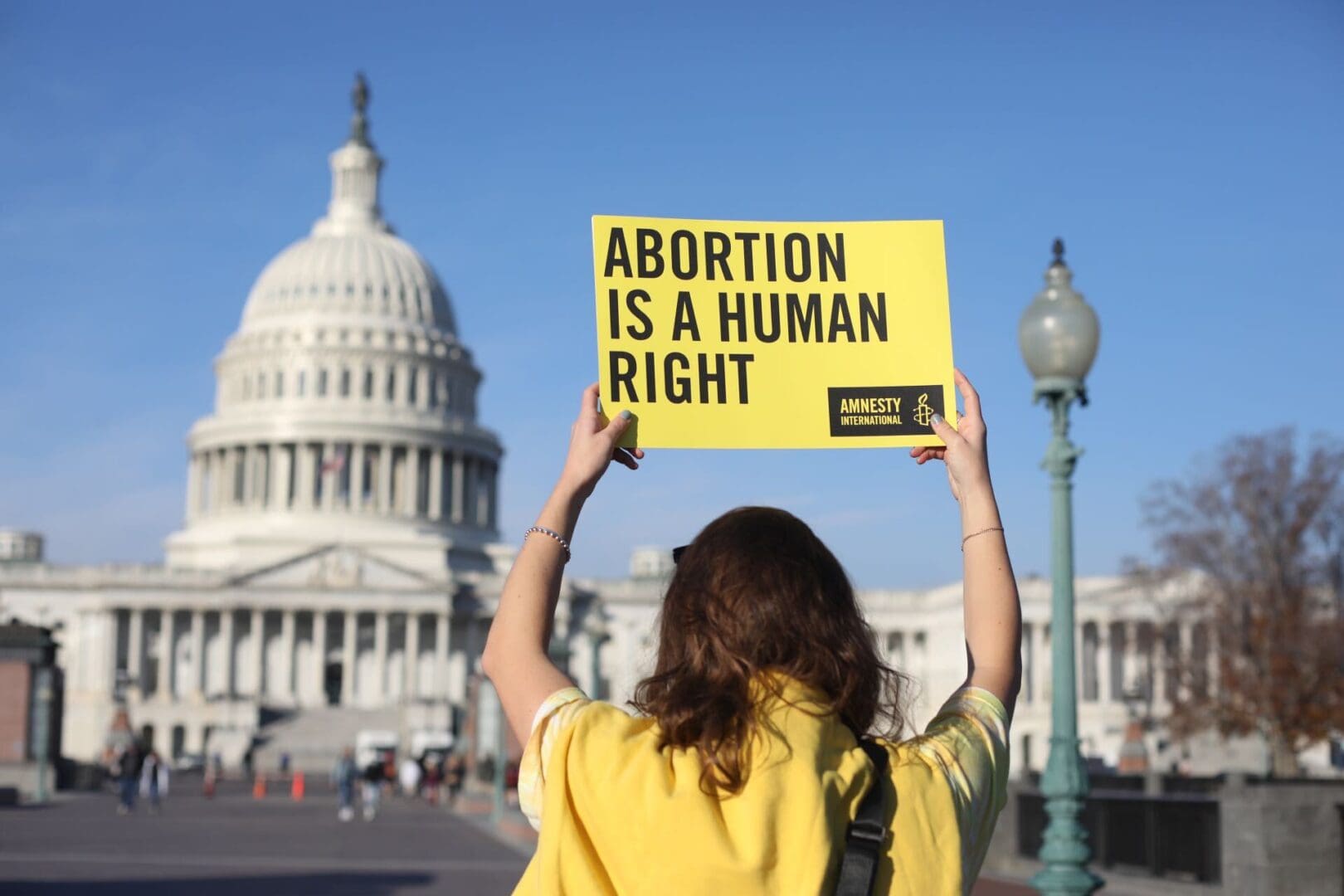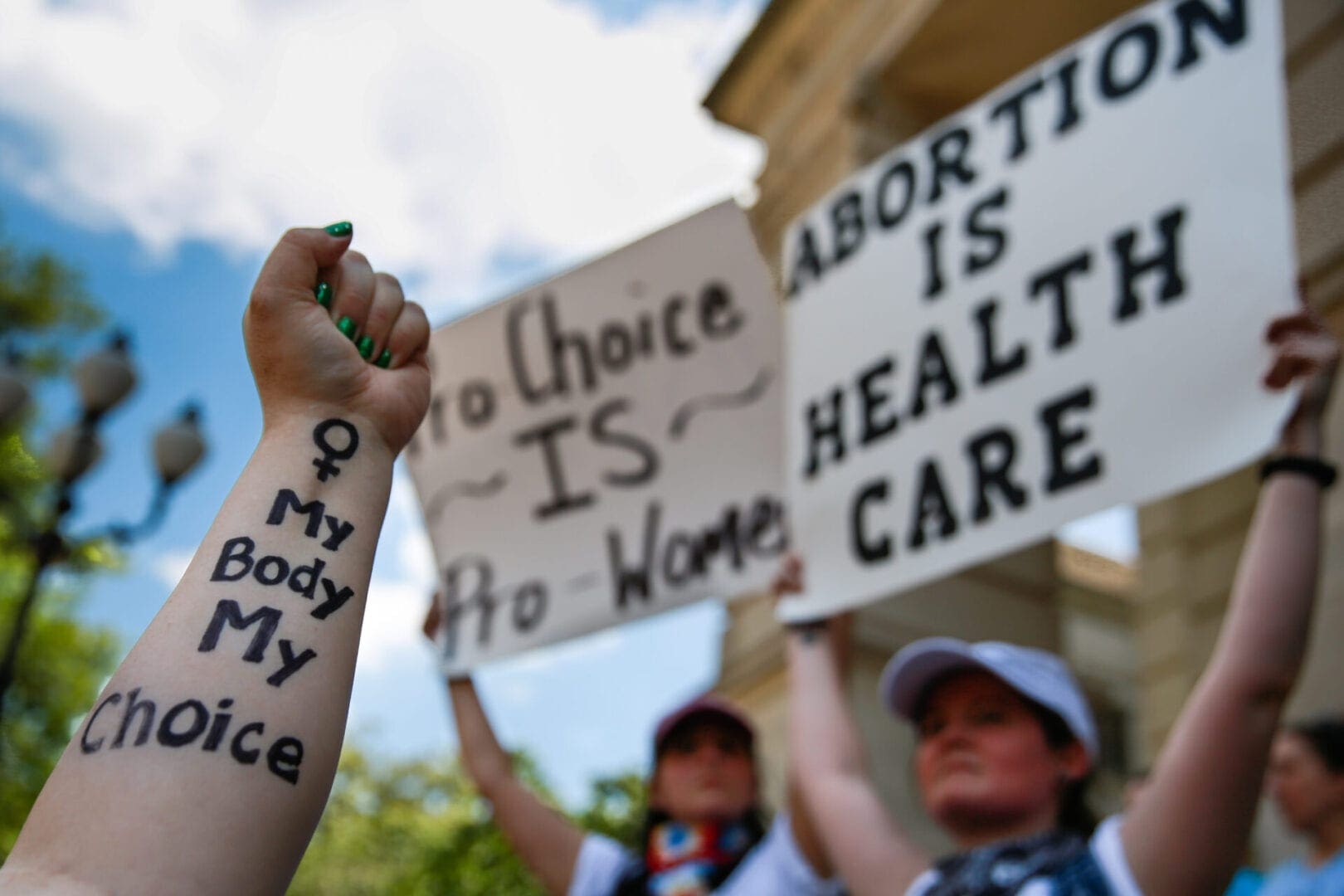What is the problem?
Being able to make our own decisions about our health, body and sexual life is a human right.
Whoever you are, wherever you live, you have the right to make choices about your health without fear, violence, or discrimination. Sexual and reproductive rights mean you should be able to:
- Make your own decisions about your body
- Access sexual and reproductive health services including contraception and abortion
- Get accurate information about these issues
- Choose if, when and whom to marry
- Decide if you want to have children and how many
Our lives should be free from all forms of sexual violence, including rape, female genital mutilation, forced pregnancy, forced abortion and forced sterilization.
But a backlash against sexual and reproductive rights is brewing – driven by well-funded and organized interest groups. At the highest levels, some governments are trying to roll back these rights, questioning the ideas of “reproductive rights” and “gender equality,” banning and restricting abortion, and seeking to control our bodies and our choices.
Why is it an issue?
Abortion rights are under attack.
Abortion is a basic healthcare need for millions of women, girls and people who can become pregnant – and abortion is a human right. Globally, we are seeing renewed attacks on the right to abortion. In the United States, there has been notable regression in reproductive rights which means access to safe and legal abortion services is far from guaranteed.
Access to abortion is a human right, and international human rights committees have consistently found that criminalizing abortion violates the rights of women, girls and people who can become pregnant in a number of ways, including violating the rights to be free from violence, to privacy, to health, to family, to be free from torture, and even violating the right to life.
Who is most impacted?
Abortion bans and restrictions on abortion disproportionately impact young people, people of color, refugees and migrants, low income people, transgender and gender-nonconforming people who can get pregnant and other marginalized communities.
No one should be forced to be pregnant, and only the pregnant person – not the State – should get to decide whether or not they carry a pregnancy. Forcing someone to carry on an unwanted pregnancy or forcing them to seek out an unsafe abortion is a violation of their human rights.
What is the solution?
Everyone should be free to exercise their bodily autonomy and make their own decisions about their reproductive lives.
Governments must ensure that laws relating to abortion respect, protect and fulfill the human rights of pregnant persons. Governments must fully decriminalize abortion and ensure universal access to safe abortion services to all people who need them. This should include removing abortion from criminal laws, and an end to punishment of people who obtain, provide or assist with the provision of abortion.
Abortion should be regulated like any other health service.
This means abortion and post-abortion care must be accessible and affordable, of good quality and provided without discrimination. Governments must remove requirements which deny people autonomy over their own bodies – such as parental or spousal consent. They should ensure everyone has access to accurate, evidence-based information about sexual and reproductive health and rights.
States should remove discriminatory laws which prevent people with disabilities, adolescents and transgender people, among others, from accessing safe abortion.
Governments must address the social and economic factors which can influence people’s decisions about whether to continue their pregnancies. People need a safe and dignified environment to reproduce and become parents which depends on enabling social factors such as access to high-quality health care, housing, education and employment. Failure to guarantee these rights denies people the right to make decisions about their bodies.
People must have access to information about abortion, and governments and companies must not censor abortion-related information online.

Fight for Abortion Rights Toolkit
Find what you can do right now to fight for abortion rights.
Resources
- Learn more about abortion rights
- Learn how the United States restricts abortion access globally with the “Global Gag Rule”
- Body politics: Primer on criminalization of sexuality and reproduction

